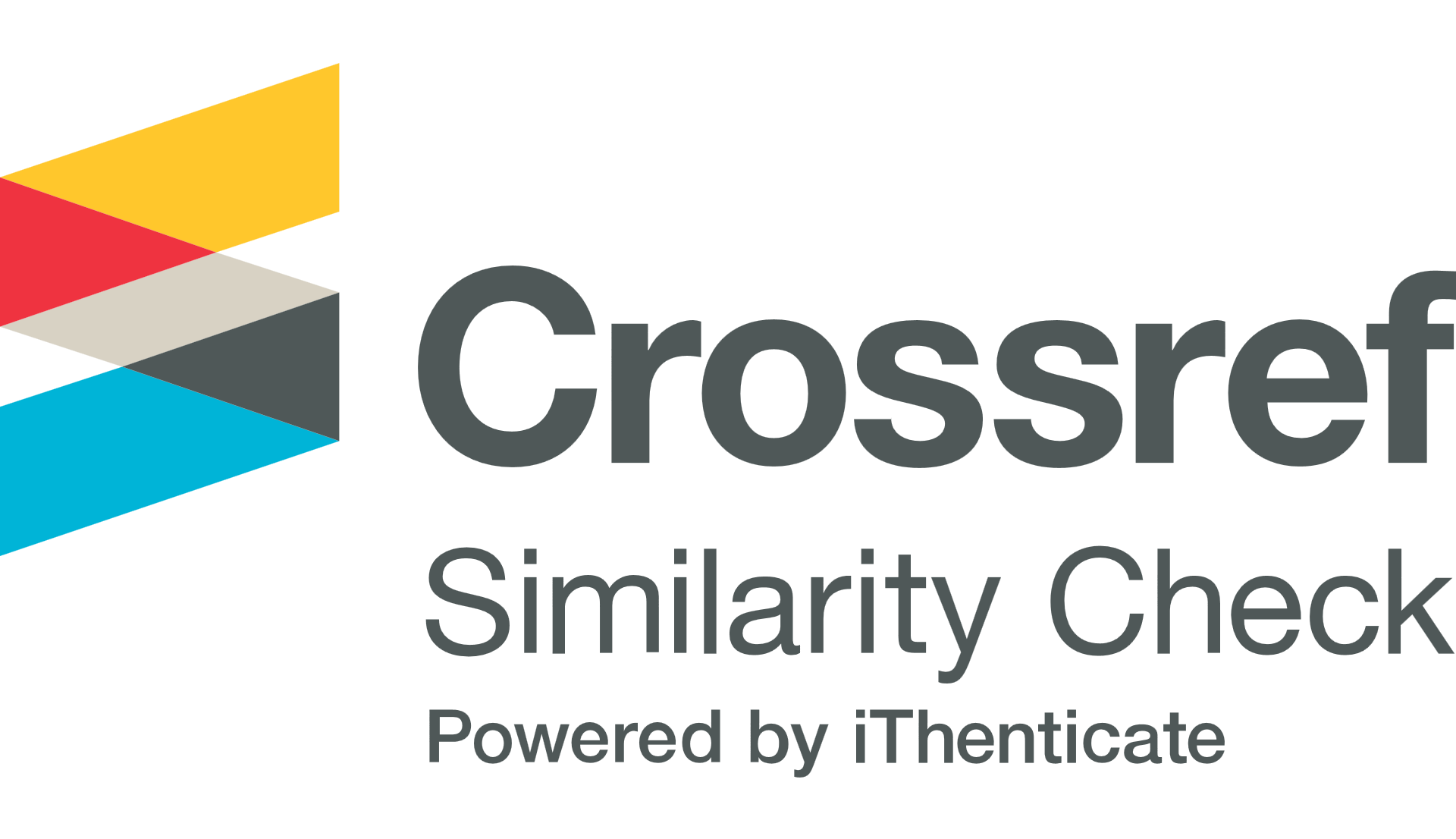Implementation of Online Registration Applications in Vocational High Schools Using the QRCode Method
Keywords:
Information Technology, Education, Student Registration, Digital Transformation, New student https://doi.org/10.56134/jaci.v1i2.90
https://doi.org/10.56134/jaci.v1i2.90
Abstract
The development of information technology has had a significant impact and is applied in various areas of life, including the world of education. The aim of this service is to build and implement an information system that can increase speed and accuracy, as well as minimize errors in manual recording. The service methods used include interviews and literature studies, direct observation, and application design using the Waterfall method which includes needs analysis, system design, implementation, testing and maintenance. Thorough testing of the application is carried out to ensure the functionality, security, speed and reliability of the system. Training on the use of the application is held for teachers, administrative staff, and students to provide in-depth understanding and practical demonstrations. The test results show that the system can run well, while the user response is very satisfied with the online registration application and the training provided. The implementation of this QR code-based application is expected to increase operational efficiency and provide a better experience for prospective students and parents. This initiative is a real step in the digital transformation at SMKN 3 BONE, in line with the increasingly rapid development of information technology, as well as improving the quality of the registration and administration process at the school.
References
Ahmadi, S. (2023). Open AI and its Impact on Fraud Detection in Financial Industry. Journal of Knowledge Learning and Science Technology, 2959–6386. https://doi.org/https://doi.org/10.60087/jklst.vol2.n3.p281
Almazroui, K. M. (2023). Project-based learning for 21st-century skills: An overview and case study of moral education in the UAE. The Social Studies, 114(3), 125–136. https://doi.org/https://doi.org/10.1080/00377996.2022.2134281
Boye, E. S., & Agyei, D. D. (2023). Effectiveness of problem-based learning strategies in improving teaching and learning of mathematics for pre-service teachers in Ghana. Social Sciences & Humanities Open, 7(1), 100453. https://doi.org/https://doi.org/10.1016/j.ssaho.2023.100453
Candela, A. (2024). Discursive Interaction and Construction of Science in the Classroom. In Science Teaching and a New Teacher Culture: Challenges and Opportunities (pp. 29–40). Springer. https://doi.org/https://doi.org/10.1007/978-3-031-50004-6_2
Fadilah, MI, Kusumasari, TF, & Suakanto, S. (2023). Implementation of MVC Architecture on RESTful API for Monitoring Covid-19 Patient Condition Parameters using Laravel Framework with Waterfall Method. International Conference on Enterprise and Industrial Systems (ICOEINS 2023), 258–270. https://doi.org/10.2991/978-94-6463-340-5_23
Farrukh, M., Soomro, T.R., Ghazal, T.M., Alzoubi, H.M., & Alshurideh, M. (2023). Perspectives of online education in Pakistan: Post-covid scenario. In The Effect of Information Technology on Business and Marketing Intelligence Systems (pp. 519–550). Springer. https://doi.org/https://doi.org/10.1007/978-3-031-12382-5_28
Gomathi, L., Mishra, A.K., & Tyagi, A.K. (2023). Industry 5.0 for healthcare 5.0: Opportunities, challenges and future research possibilities. 2023 7th International Conference on Trends in Electronics and Informatics (ICOEI), 204–213. https://doi.org/10.1109/ICOEI56765.2023.10125660
Gunawan, AAS, Clemons, B., Halim, IF, Anderson, K., & Adianti, MP (2023). Development of e-butler: Introduction of robot system in hospitality with mobile application. Procedia Computer Science, 216, 67–76. https://doi.org/https://doi.org/10.1016/j.procs.2022.12.112
Haleem, A., Javaid, M., Singh, R.P., Suman, R., & Khan, S. (2023). Management 4.0: Concept, applications and advancements. Sustainable Operations and Computers, 4, 10–21. https://doi.org/https://doi.org/10.1016/j.susoc.2022.10.002
Hamzah, MI, Ramli, FAA, & Shaw, N. (2023). The moderating influence of brand image on consumers' adoption of QR-code e-wallets. Journal of Retailing and Consumer Services, 73, 103326. https://doi.org/https://doi.org/10.1016/j.jretconser.2023.103326
Hmoud, H., Al-Adwan, A.S., Horani, O., Yaseen, H., & Al Zoubi, J.Z. (2023). Factors influencing business intelligence adoption by higher education institutions. Journal of Open Innovation: Technology, Market, and Complexity, 9(3), 100111. https://doi.org/https://doi.org/10.1016/j.joitmc.2023.100111
Iskandar, A., Mansyur, M., Ahmar, AS, Rahman, A., & others. (2023). Android-Based E-Learning Application Design in Schools. Journal of Applied Science, Engineering, Technology, and Education, 5(1), 1–7. https://doi.org/https://doi.org/10.35877/454RI.asci1643
Khan, M.I., Asfand, F., & Al-Ghamdi, S.G. (2023). Progress in research and technological advances of commercial concentrated solar thermal power plants. Solar Energy, 249, 183–226. https://doi.org/https://doi.org/10.1016/j.solener.2022.10.041
Kong, S. C. (2008). A curriculum framework for implementing information technology in school education to foster information literacy. Computers & Education, 51(1), 129–141. https://doi.org/https://doi.org/10.1016/j.compedu.2007.04.005
Ozturkcan, S., & Kitapci, O. (2023). A sustainable solution for the hospitality industry: The QR code menus. Journal of Information Technology Teaching Cases, 20438869231181600. https://doi.org/https://doi.org/10.1177/23197145231176951
Salas, M. H., & Larrain, A. (2023). A holistic theorization of the developmental potential of peer dialogue: revisiting Vygotsky. European Journal of Psychology of Education, 1–17. https://doi.org/https://doi.org/10.1007/s10212-023-00730-4
Torab-Miandoab, A., Samad-Soltani, T., Jodati, A., & Rezaei-Hachesu, P. (2023). Interoperability of heterogeneous health information systems: a systematic literature review. BMC Medical Informatics and Decision Making, 23(1), 18. https://doi.org/https://doi.org/10.1186/s12911-023-02115-5
Published
How to Cite
Issue
Section
Copyright (c) 2024 Asri

This work is licensed under a Creative Commons Attribution-NonCommercial-ShareAlike 4.0 International License.















